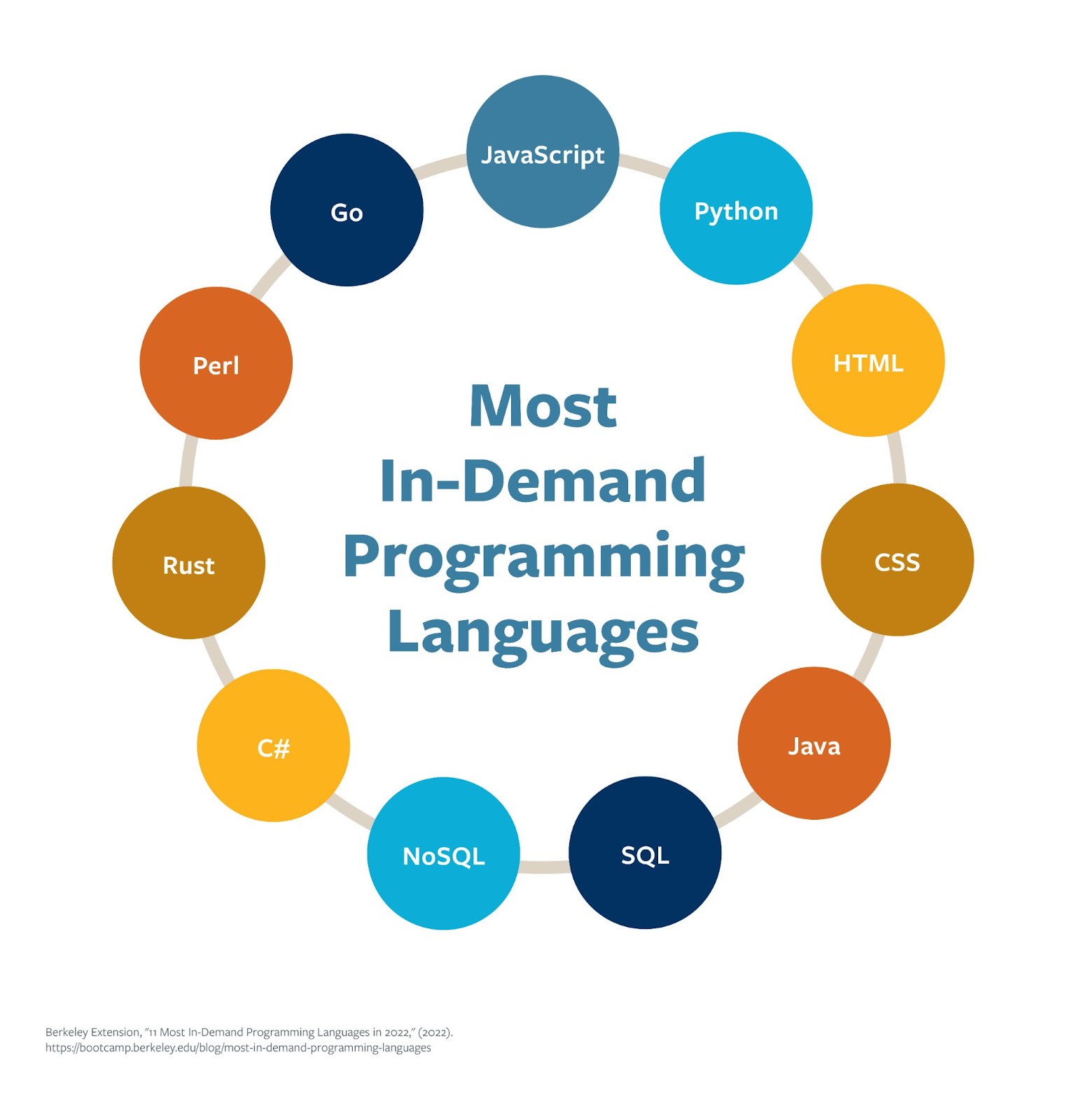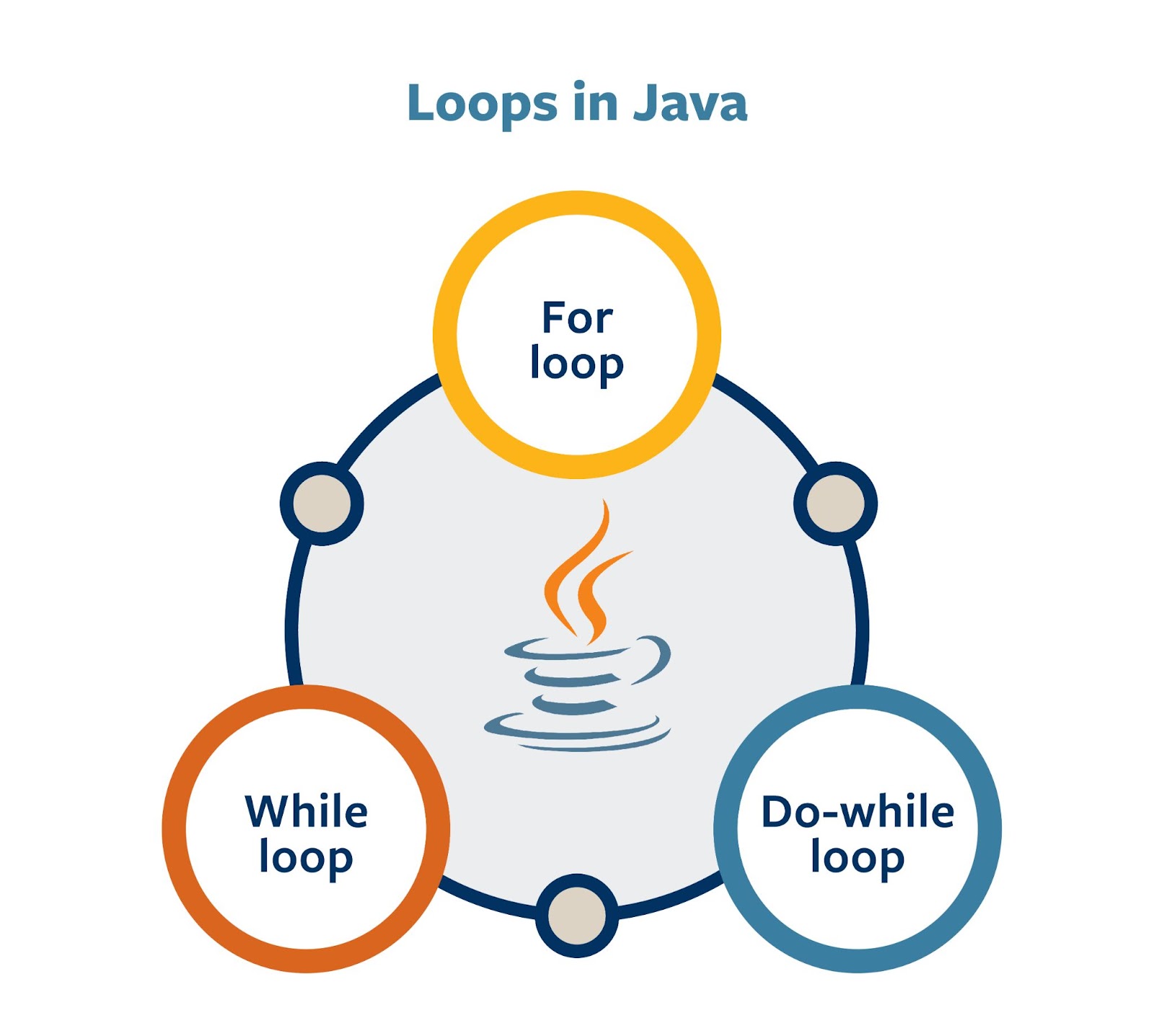Programming is an excellent profession with a strong job outlook, competitive compensation and a dynamic work environment where you’ll solve exciting problems. These factors can make programming positions highly competitive, so knowing what to expect from a programming interview is vital for any job seeker, and can make the difference between landing the role and being overlooked. This guide will discuss some of the most common coding interview questions asked in programming interviews so you’ll be more likely to ace your interview and start your career as a programmer.
Acing the interview is just one step on the path to becoming a coder. If you haven’t yet reached this stp in the process, or you’re not ready to apply for positions quite yet, our guide on how to become a coder can help you determine where to start.
 Live Chat
Live Chat


